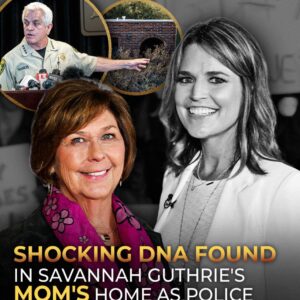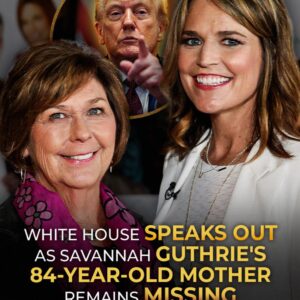When my eccentric Uncle Martin passed away, I thought I might inherit a few dusty books or maybe a quirky teapot. Instead, I got a mansion, a mountain of debt, and a cousin who clearly believed it should have been hers.
Elaine — polished, pearl-wearing, and eight years older — had always been the family favorite. I was the odd one out, the kid who stayed with Martin during my teens when no one else had room. He let me paint on walls and dream big. Years later, he left everything to me.
At the will reading, Elaine nearly choked when the lawyer announced I was the heir. Before she could fully process, she stormed out — missing the part about the enormous debt. Martin had refinanced the house more than once and owed money to a lender that sounded like a comic book villain.
I should have walked away, but I couldn’t. The first time I stepped into the dusty foyer with stained glass windows glowing in the light, I felt something I hadn’t in years: that I belonged.
So I moved in. I discovered notes Martin had hidden in books and under coasters, little reminders that he had been watching my life from afar and believed in me. That was enough to keep me going when Elaine went on the attack — leaking gossip, threatening legal action, and even bringing “buyers” to my door.
What she didn’t expect was the community rallying behind me. The local historical society adored the house. Volunteers helped me restore it. Crowdfunding campaigns went viral. Soon the mansion was buzzing with poetry nights, art workshops, and children naming the resident geese after famous authors.
Elaine tried one last time in court, accusing me of “whimsical manipulation.” The judge dismissed it in minutes.
By spring, the house hosted its first gallery show, filled with Martin’s old maps alongside new art created within its walls. The community claimed it as theirs, and so did I.
I didn’t inherit wealth. I inherited responsibility, history, and a chance to create something meaningful. The mansion wasn’t just Martin’s anymore. It was ours — a place for art, laughter, and belonging.
And for the first time, I felt rooted.





